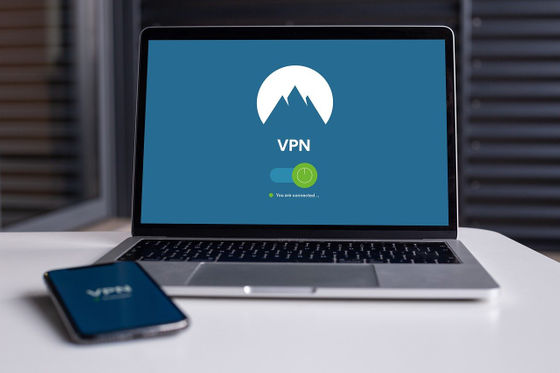As a result of the investigation that government agencies and state-owned enterprises are using 'VPN' all over Russia, is it desperate to escape censorship from civilians to officials?

Since the invasion of Ukraine on February 24, 2022, the Russian government has blocked numerous sites and restricted access to social media in order to block dissenting opinions. To avoid this, a report has been released that public institutions have a large contract with VPN services in Russia.
Russian VPN Spending
Following the invasion of Ukraine, Facebook , YouTube , etc. are stopping the profits of Russian media one after another or blocking the distribution. To counter this move, Russian authorities have also restricted access to Twitter, Facebook, and more. Demand for VPNs is skyrocketing in Russia to avoid intensifying regulations.
Demand for VPN in Russia increased by 2692% compared to before the invasion of Ukraine-GIGAZINE

Top 10 VPN, a VPN service review site, analyzed government materials released by the Russian Ministry of Finance and investigated government agencies and state-owned enterprises that have signed contracts with VPN services since February 24th. As a result, a total of 236 cases were discovered, including 188 VPN service contracts by government agencies and 48 contracts by companies. We also found that the total amount of these contracts reached 807 million rubles (about 1.7 billion yen).
By sector, the 'legislative' sector was the one that spent the most money on VPN services, 'IT technology and communications,' 'healthcare and emergency services,' 'infrastructure,' 'customs,' and 'security and defense.' Sectors such as this followed.
By region, Moscow has the highest number of 196 million rubles (about 417 million yen), 148 million rubles in the Krasnoyarsk region (about 316 million yen) and 57 million rubles in Tyumen Oblast (about 316 million yen). About 120 million yen) and so on. In addition, the former Ukrainian Crimea, which Russia unilaterally annexed in the 2014 Crimean crisis , is also in the 10th place in this ranking.

Seeing the Russian government publish such data, it seems that Russian organizations are openly using VPNs, but in Russia the use of VPNs is in the gray zone. On March 15, the Russian government revealed that the telecommunications authorities are taking steps to block VPN traffic and will continue to do so. However, Russian diplomat Dmitry Peskov has professed to be a VPN user. From this, Top10 VPN pointed out that whether a VPN is legal depends largely on who is using it for what.
Related Posts:
in Web Service, Posted by log1l_ks







